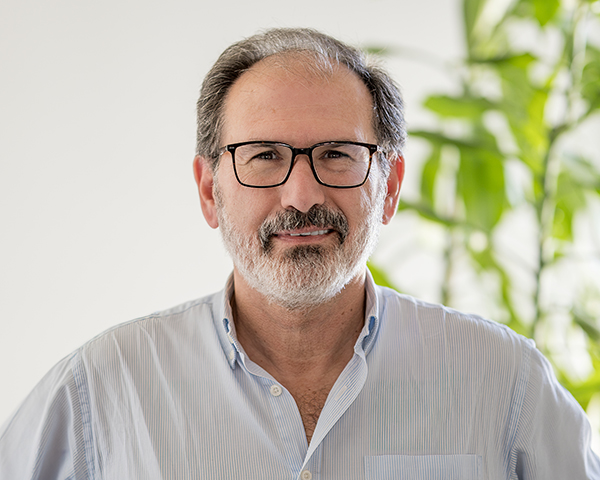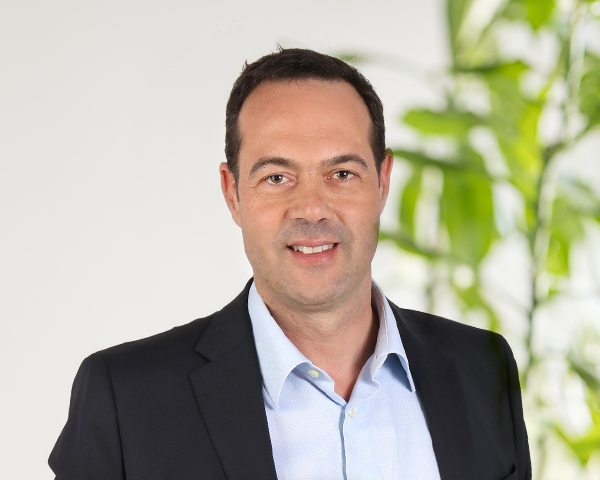
João Crespo
Full Professor
ITQB NOVA Dean
"In a period where so many people want the University to fulfil so many tasks, it may be good not to forget that, in its essence, the University is the ultimate space for freedom of thought."
“This drives me to the way we teach and learn at the University. During the Renaissance period the idea of an universal education was essential. At that time, universities did not specialize in specific areas, but rather educated students in a broad array of science, philosophy and theology aspects. This universal education gave them a grounding from which they could continue into apprenticeship toward becoming a master of a specific field; contrasting to the common claim that creativity is domain-specific. From the Renaissance men, we may conclude that there are certain comprehensive thinking skills and tools that cross the domain barrier and can foster creative thinking. With this perspective in mind, giftedness is the ability to combine disparate (or even apparently contradictory) ideas, sets of problems, skills, talents and knowledge, into novel and useful ways, and therefore is the main quality supporting any individual’s creative potential. But this also calls for extending the concept of “innovation” to a new philosophical perspective; one in which the process should be able to address the grand challenges of our time, while calling upon all actors involved to consider its intrinsic ethical and social aspects. The underlying idea is that, by pursuing a responsible innovation, its outcomes will be more sustainable, socially desirable and ethically acceptable.”

Miguel Santos
Invited Associate Professor, ITQB NOVA
StartUp Research Coordinator
"No matter how you regard Innovation, it is indisputably the movement that best describes our environment’s economic momentum."
“No matter how you regard Innovation, it is indisputably the movement that best describes our environment’s economic momentum. Less than one century has passed since Schumpeter’s “revolutionary” concept that technological innovations were the engine of open economy-based societies, and the occurrence of Innovation has already evolved from a set of rare and almost exclusively science-push events to a giant quest for outside-in novelties.
An unprecedently fast-moving economy demands a matching accelerated supply of new foods, medicines and environmentally friendly commodities. At the same time, as we try to fit in a less spacious planet, each unmet need is shared by millions, sometimes billions. As a result, in this new era, the opportunity to impact through innovation is as big as the old-time dreams of scientists and engineers. By hiking at a hasty pace, knowledge and technology creators are able to appreciate the good of their own deeds during their lifetimes. Open innovation processes provide them means to accelerate meaningful developments and mingle unrelated disciplines towards exceptional conclusions, while end-users join early in game to provide a better understanding of the true essence of needs.
In the end, the results are more humanized products and services, arising from a meshwork of a new generation of scientists able to communicate with engineers, legislators, marketeers and even busy-scheduled venture capitalists.
Welcome to the StartUp Research; a place where we shall endorse together the Open Way to Innovation.”

